Apple and two music distribution companies with which it contracts were labeled as "modern tape pirates" in a copyright infringement lawsuit last week, with the plaintiff claiming iTunes currently sells at least 98 recordings without a proper license.
The complaint from Four Jays Music Company, filed with the U.S. District Court for the Northern District of California last Friday, asserts Apple and its cohorts profit from pirated music authored by composer Harry Warren.
Warren in 1955 founded Four Jays Music to protect his vast collection copyrighted works, many of which went on to become standards. Performed by prominent artists over the years, Warren's compositions include "The Chatanooga Choo Choo" and 81 Top-10 hits including "At Last," "I Only Have Eyes for You," "Jeepers Creepers" and "The Gold Diggers' Song (We're in the Money)."
According to the suit, Apple reproduced and distributed pirated recordings of Warren's owned compositions through contracts with Orchard Enterprises and Cleopatra Records, the latter of which operates under a variety of labels including Goldenlane Records, Magic Gold Records, Master Classics and more. Orchard and Cleopatra are thought to be two of the largest content providers on iTunes, with Cleopatra media accounting for some 1% of the service's entire music catalog, the suit claims.
Instead of obtaining so-called "mechanical licenses," which require express consent to duplicate and distribute recordings from the copyright holder, Cleopatra supposedly duplicated the music and offered it to Apple through Orchard contrary to proper copyright procedure.
As explained in the complaint, "virtually all" asserted recordings were produced between 1930 and 1972. Due to mass consolidation in the music industry, the recordings have since landed in the back catalogs of Sony, Universal and Warner, before Cleopatra was established. As Cleopatra did not "fix" the original recordings, nor did it attempt to negotiate a mechanical license for the same content, it offered and continues to offer the compositions illegally.
Four Jays concedes one or more defendants might have sought a license through the Harry Fox Agency or a compulsory license via services like Music Reports. However, pirated music, as defined in the case, does not qualify for protections offered under those licensing terms.
Each party targeted in the complaint is alleged to have known about infringing conduct for "several years." Apple in particular is singled out for willfully failing to employ "adequate human resources, screening mechanisms, or use of digital fingerprinting technology" to detect illegal duplicates, tools it applies to other services.
Four Jays seeks a permanent injunction against Apple and the two distributors, damages and legal fees. The court sent a notice regarding policies on alternative dispute resolution (ADR) options to all parties on Monday.
 Mikey Campbell
Mikey Campbell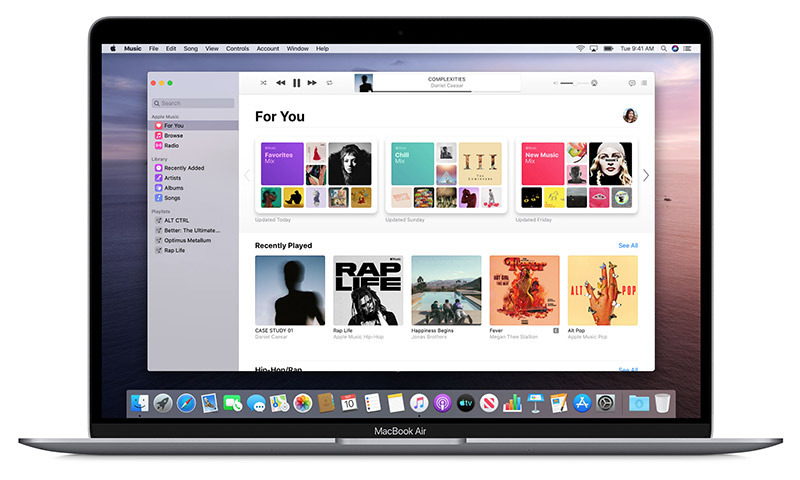

-m.jpg)





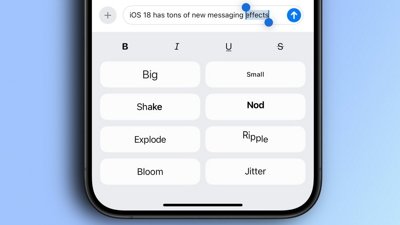
 Oliver Haslam
Oliver Haslam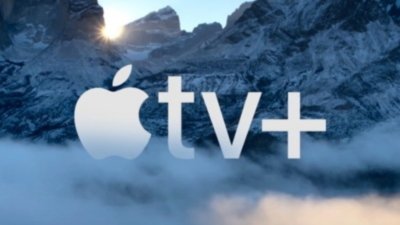
 Amber Neely
Amber Neely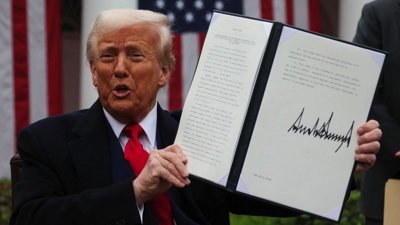
 Marko Zivkovic and Mike Wuerthele
Marko Zivkovic and Mike Wuerthele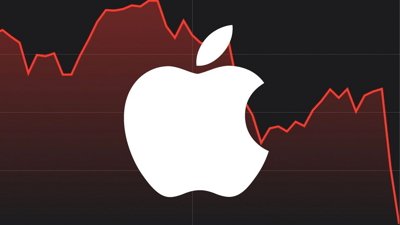
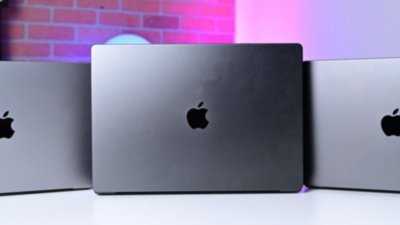
 Andrew Orr
Andrew Orr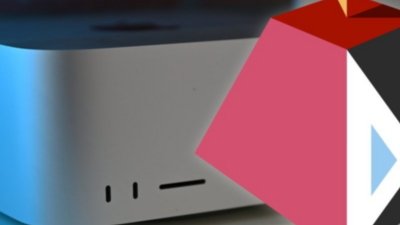
 Malcolm Owen
Malcolm Owen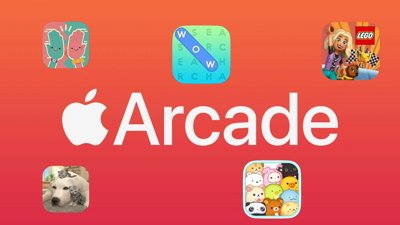











23 Comments
I am sorry but if I see aol.com as email address, I cannot take that case seriously.
When you got money somebody is always trying to take it from you. This is the first and last time we will ever hear about this. Apple will pay them a few grand to go away and that will be that. Are they suing Spotify too?
Calling the company who saved the music industry from rampant piracy a pirate? That’s a stretch.
Music copyright is a mess. You wright it, he records it, they put out the record, someone else converts it to a download or a stream. Everyone is entitled to a cut right down to the backup horn player that played one note. Unless of course someone along the way signed away their rights or bought the rights from someone else, or inherited the rights from their long lost uncle Friggy who arranged the piece. Add a few mergers and acquisitions, and copyright expirations, and it's damn near impossible to know who owns what. Somebody comes to you with a document saying they have the rights to this song, would you put it on iTunes, how the hell are you to know if it's real, fake, a partial ownership, or what?
We're talking about 98 recordings that have been performed and probably recorded by all sorts of artists over the years. Apple can only deal with what they are given. How many songs are in Apple Music? Apple says 45 million so there's bound to be some that get through without proper documentation.
I glanced through the complaint and they're talking about the old music file sharing cases and bootleg copies of music. Give me a break, this music is old and Mr Warren died in 1981 so decedents or someone else is trying to continue to get money off of Mr Warren's work.